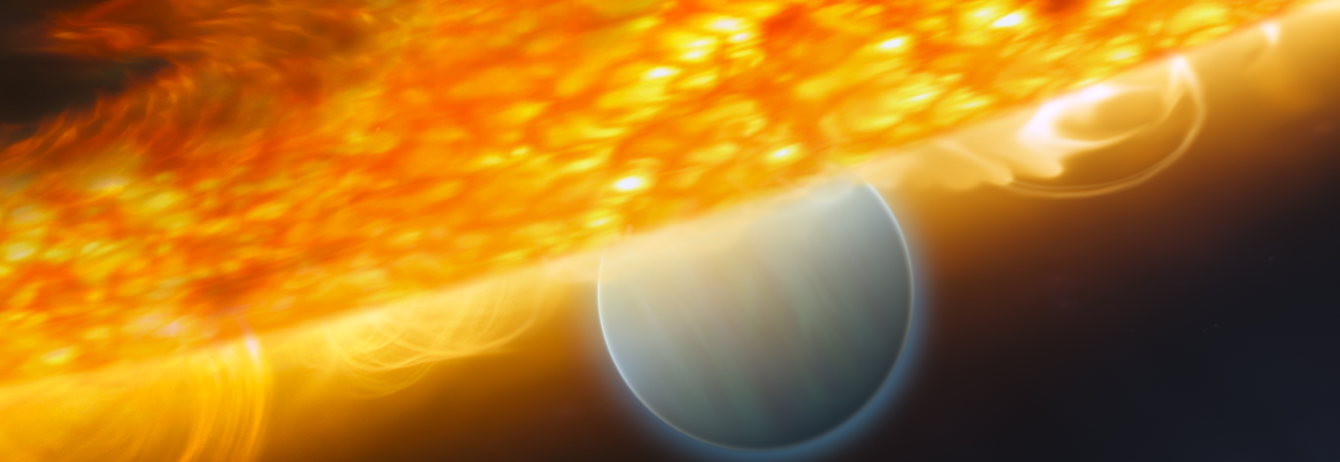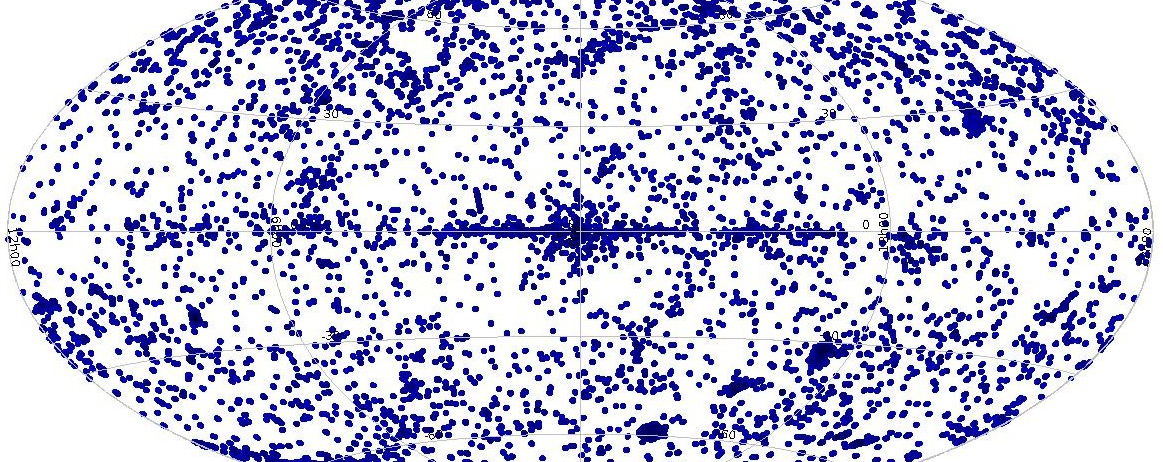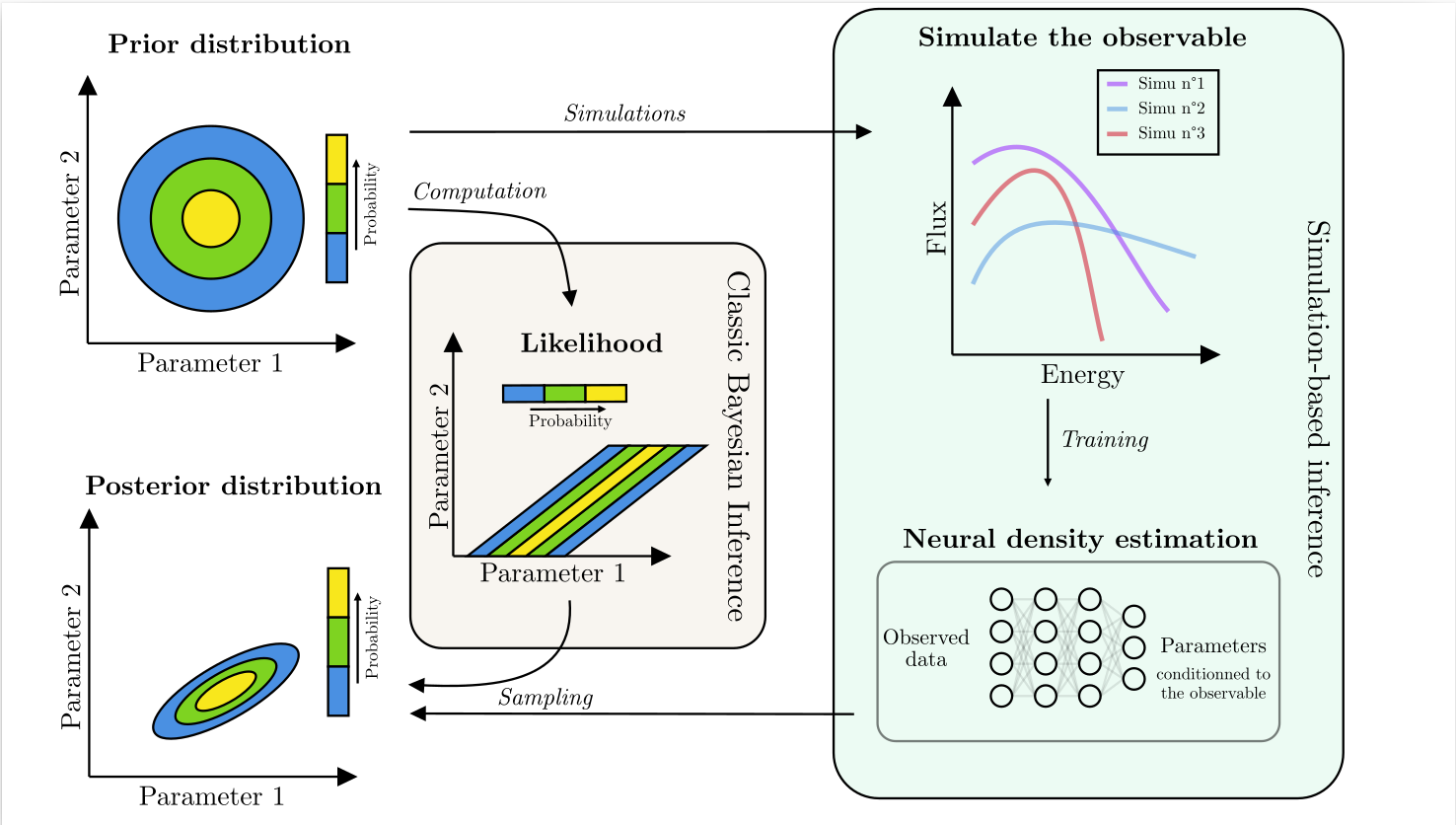Atmospheric physics and observations of giant exoplanets
le 4 octobre 2024, 10h45 à 12h45, Florian Debras, salle Jules Verne, OMP, site Belin
Resumé: More than 5500 exoplanets have been discovered since 1995, the majority of which having roughly the size and mass of Jupiter as larger planets are easier to detect.In 20 years, our observation techniques have largely improved, and we can obtain reliable constraints on the atmospheric physcis and composition of these planets. In this seminar, I will present the basics of the physics of exoplanet atmospheres, and the evolution of observation facilities up to JWST that allow us to explore physical condition unreached in the solar system. I will notably present the results from the SPIRou instrument that we obtained at IRAP, showing water and monoxyde in giant exoplanet atmosphere and how does it connect to their formation and evolution history.






